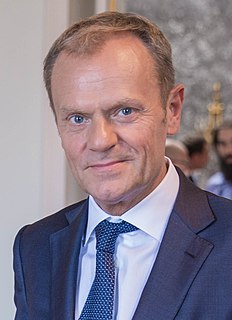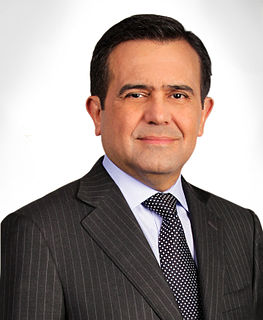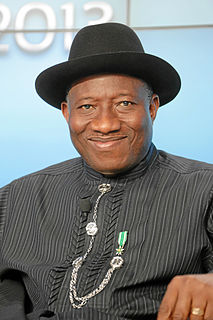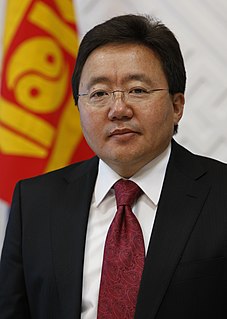A Quote by Denise Dresser
For too long, government officials have tinkered with Mexico's economic structure through piecemeal reforms that seek to ensure political stability but that do not address the key obstacles to greater innovation and competitiveness.
Related Quotes
It opposes the dogmatic application to all cases of what is adequate only for piecemeal aggregates. The question is whether an approach in piecemeal terms, through blind connections, is or is not adequate to interpret actual thought processes and the role of the past experience as well. Past experience has to be considered thoroughly, but it is ambiguous in itself; so long as it is taken in piecemeal, blind terms it is not the magic key to solve all problems.
When we liberate the economic potential of women, we elevate the economic performance of communities, nations, and the world... There is a stimulative and ripple effect that kicks in when women have greater access to jobs and the economic lives of our countries: Greater political stability. Fewer military conflicts. More food. More educational opportunity for children... By harnessing the economic potential of all women, we boost opportunity for all people.
There's every reason to think that whatever their political leanings, Americans will be highly receptive to numerous reforms designed to improve health, safety, economic security, environmental quality and democratic self-government - at least if those reforms do not eliminate their freedom of choice.




































